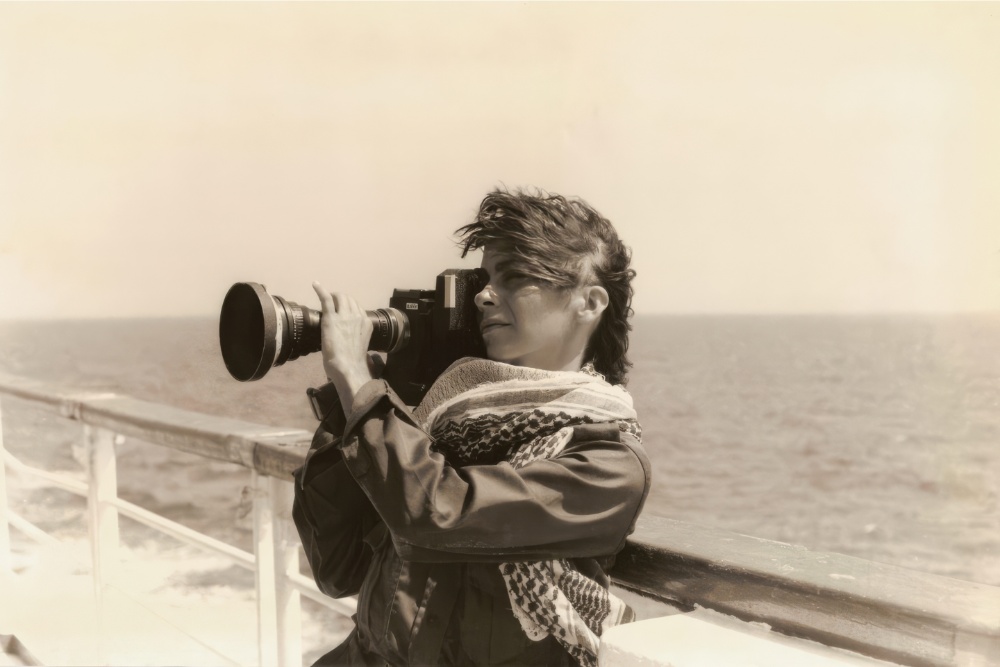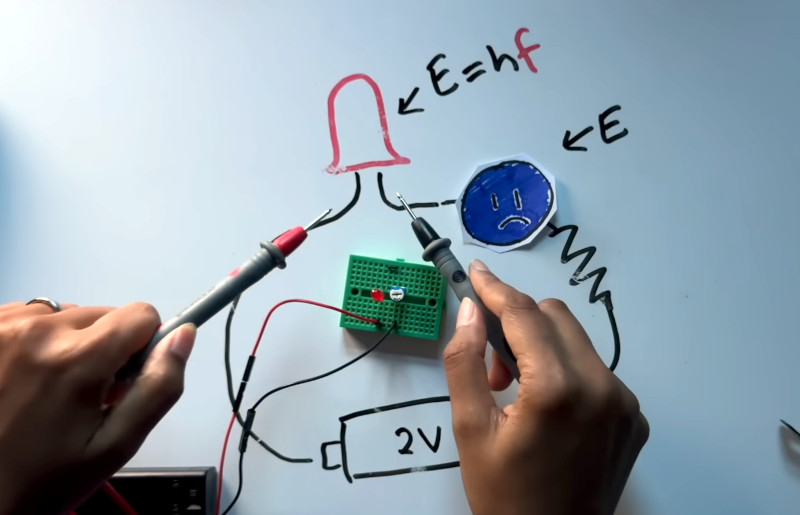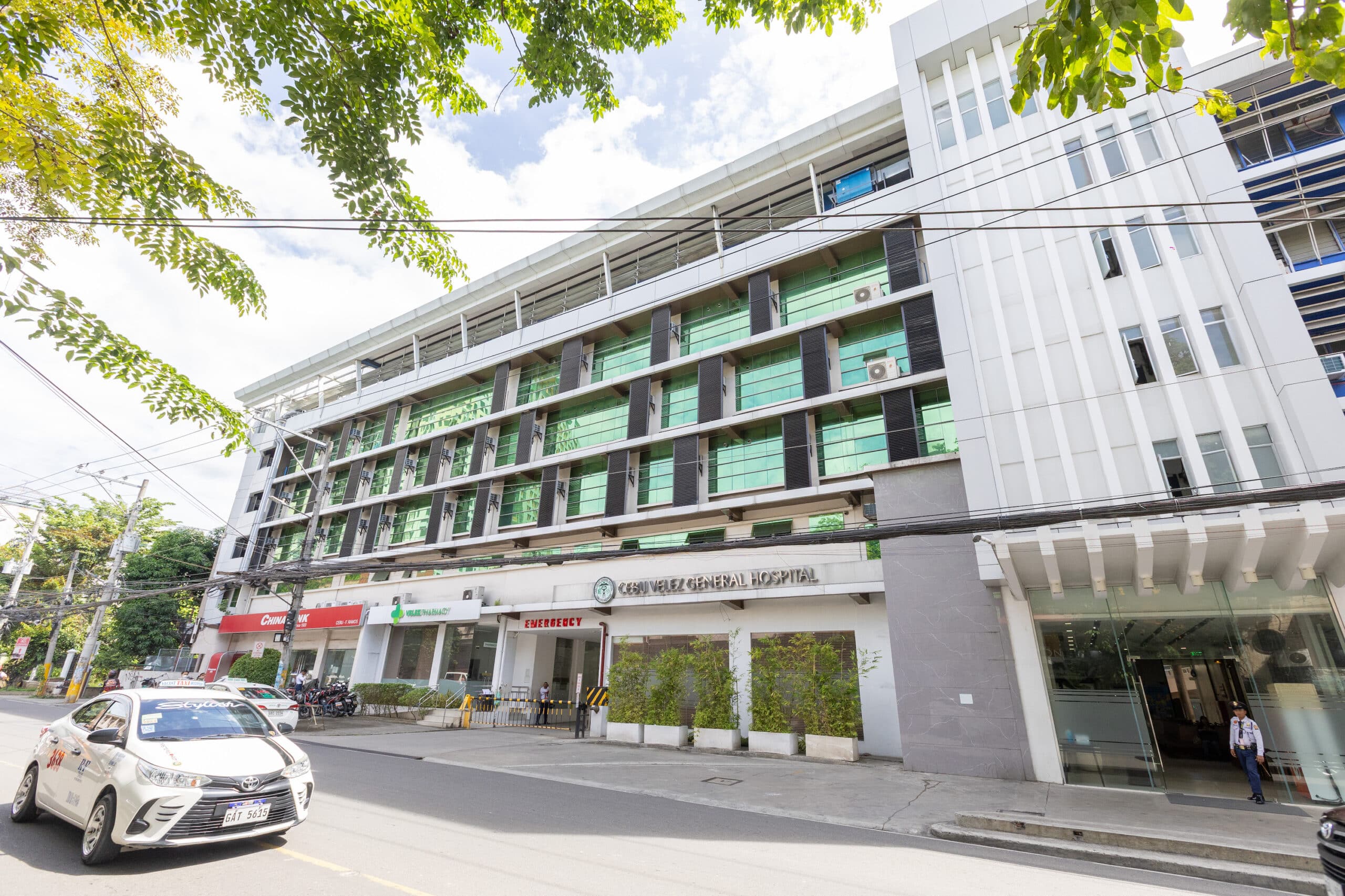“Revolutionaries Never Die” was the winner of the top award at this year’s Cairo Film Connection, the industry program of the Cairo Film Festival. Variety interviewed the Palestinian director Mohanad Yaqubi, who won the best project in post-production prize. “Revolutionaries Never Die,” which is produced by Yaqubi’s company Idioms Film, is his third archive-based film. It explores the work of Lebanese filmmaker Jocelyne Saab during her first decade of filmmaking, from 1973 to 1983. Yakubi grew up in Kuwait, Amman, Egypt, Libya, Gaza and the West Bank, and then studied a master’s degree in film at London’s Goldsmiths College, before returning to the West Bank, and eight years ago he settled in Ghent, Belgium, where he is a resident researcher at the Royal Academy of Fine Arts (KASK). For this project he is working with researcher Mathilde Rouxel, who was Saab’s assistant during the last decade of her life. How did this project come about? I obtained access to 115 reels directed by Jocelyne Saab between 1973 and 1983. The decisive turning point was when my family’s house was bombed in Gaza in April 2024. There is a scene in Jocelyne Saab’s 1982 film “Beirut My City,” where she is standing in front of her bombed house and talking about the circumstances and her feelings and the meaning of that house for her. I completely identified with her, even though I never had the chance to be in front of my own destroyed house. That’s the moment where everything she made between 1973 and 1983 suddenly made sense for me like, this is the price you pay as a politically engaged filmmaker trying to support the Palestinian struggle. It becomes magical once you place Jocelyne’s images on the timeline and her voice starts to lead us. It’s as if she’s making the film and I’m the instrument making this happen. Do you think films can change political realities? I’ve actually stopped believing in the power of the image and filmmaking, as I have watched the genocide unfold, seeing the entire destruction live, 24 hours a day. It’s not about the amount of images or telling people what’s going on. It’s ultimately a question of geopolitical power. Did you ever meet Jocelyne Saab? No. We had an exchange by email. She sent me one email that I didn’t reply to, and she passed away five weeks later, in 2019. Why do you think her films from this period are interesting? She’s not only looking at the Palestinian question. Her films offer the hope for change. They are about the Arab left. She made films in Western Sahara, Egypt, Iran and also in Lebanon. In 1973 her films were about romantically politicized revolutionaries. But her outlook began to change because of the civil war in Lebanon and her sense of disbelief, as she saw how the country she believed in and loved was destroyed. Are there any parallels with what she filmed in this period and today’s situation? One big characteristic of the Arab mentality is that things are repeated all the time. What I’m trying to do is to step back and show that the aggression never stops and try to identify some of the underlying problems. This is really why I’m fascinated by archives because if we look at other films made in Gaza in the 1970s, it looks like nothing has changed. But in the 1960s and 1970s there were political ideas, related to left-wing parties, and trying to make a coherent understanding of the situation. Now it’s just blunt violence. Who is your film for? I’m interested, above all, in speaking with Palestinians. People who don’t have sovereignty, don’t have archives and don’t have production of a knowledge system. There is no organized education system. Films become a way to create this kind of dialogue. Right now, the main priority isn’t about creating images. It’s about creating a genuine dialogue.
https://variety.com/2025/film/global/cairo-film-connection-mohanad-yaqubi-jocelyne-saab-1236589141/
Cairo Award Winner Mohanad Yaqubi on Lebanese Filmmaker Jocelyne Saab: ‘It’s as If She’s Making the Film and I’m the Instrument Making This Happen’


